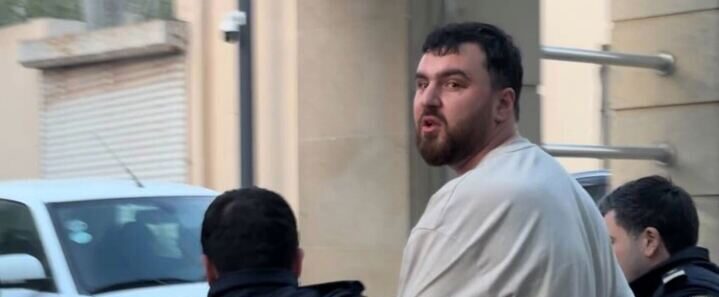The Parliamentary Assembly of the Council of Europe is calling for a large-scale corruption investigation next week against the backdrop of new allegations of falsification of voting results that cast doubt on the credibility of this structure.
Two individuals have come forward and told
The Guardian
that, in their opinion, certain members of the structure have been offered bribes during voting sessions related to Azerbaijan.
Former Azerbaijani diplomat Arif Mammadov said that a member of the Azerbaijani delegation to the Council of Europe spent 30 million euros (25 million pounds sterling) on lobbying.
“Everyone in the Azerbaijani delegation heard these figures, although they were never recorded”, he told the Guardian. “It was said that these funds were needed to bribe members of certain delegations”.
Swedish delegate Tobias Billström also stated that “very authoritative members” told him that they had been offered bribes to vote in a certain way.
He is one of the 64 parliamentarians who signed a resolution calling for an independent investigation of “serious and credible allegations of serious violations” committed during voting sessions related to Azerbaijan.
Allegations of “caviar diplomacy” for many years were mentioned around the Parliamentary Assembly of the Council of Europe, and Azerbaijan was accused of offering money and luxurious gifts in exchange for positive votes.
Claims were first outlined in the report of the analytical center of the European Initiative for Stability in 2012, and after the investigation into the case of the former chairman of the center-right group of Italian MP Luca Volonté, it was put on the agenda again.
Volonté is accused of receiving a bribe from Azerbaijan to the amount of 2.39 million euros in exchange for lending his support to the Azerbaijani government in the Council of Europe. He faces a lawsuit on money laundering, and a Milanese prosecutor has struck a decision to drop charges of corruption against him.
Although one-fifth of the Council of Europe’s deputies called for an urgent investigation in January, the leaders of the assemblies did not take a decision at their last meeting in March.
Pressure is also mounting on President of the Assembly Pedro Agramunt to ensure a thorough investigation when it takes place at the end of this month.
According to critics, Azerbaijan uses meetings to add legitimacy to the authoritarian rule of its President Ilham Aliyev who has ruled the country since 2003.
One case concerns the decision of the members of the Assembly in 2013 to vote for a critical report on political prisoners in Azerbaijan by the German Social Democrat, Christopher Strasser.
Strasser’s report says that the judicial system of Azerbaijan is used to silence or intimidate critics of Aliev’s regime. The report was rejected by 125 votes to 79, with 20 abstentions.
Volonté is said to have played a key role in this matter.
Strasser told The Guardian he knows that Azerbaijan allocates money, but no evidence has been found yet. He said that he would like the investigation “to become a point of confidence”.
“If there is a suspicion that corruption may exist in these structures, and this was ignored, I think this could be the beginning of the end of the Council of Europe”.
Thorbjørn Jagland, former Prime Minister of Norway and Secretary General of the Council of Europe, called on Agramunt personally to ensure the conduct of an independent investigation without further delay”. This, by the way, is an unprecedented appeal by an official to the highest elected leader of the Council of Europe.
According to Deputy Billström, it would be unthinkable if the Council of Europe reject a request for an independent investigation when it faces “so many serious charges that affect the ability of the parliamentary assembly to function as intended, as a watchdog against corruption”.
He called on the deputies at the Assembly to approve “very good” proposals, drawn up by his most senior official, Wojciech Sawicki, which sets out the conditions for an independent investigation.
Agramunt’s spokesman told the newspaper that the revised version of Savitsky’s report is being prepared by the leaders of the five political groups in the Assembly, and the report in its current form is “not applicable.”
“Mr. Agramunt did not participate in any discussion with political leaders and will not interfere in their work,” the spokesman said, adding that the Assembly does not have “any legal authority to conduct such investigations.”
“Mr. Agramunt will not tolerate unacceptable pressure on the work of parliamentarians, which comes from some NGOs, lobbyists, media or interest groups.”



